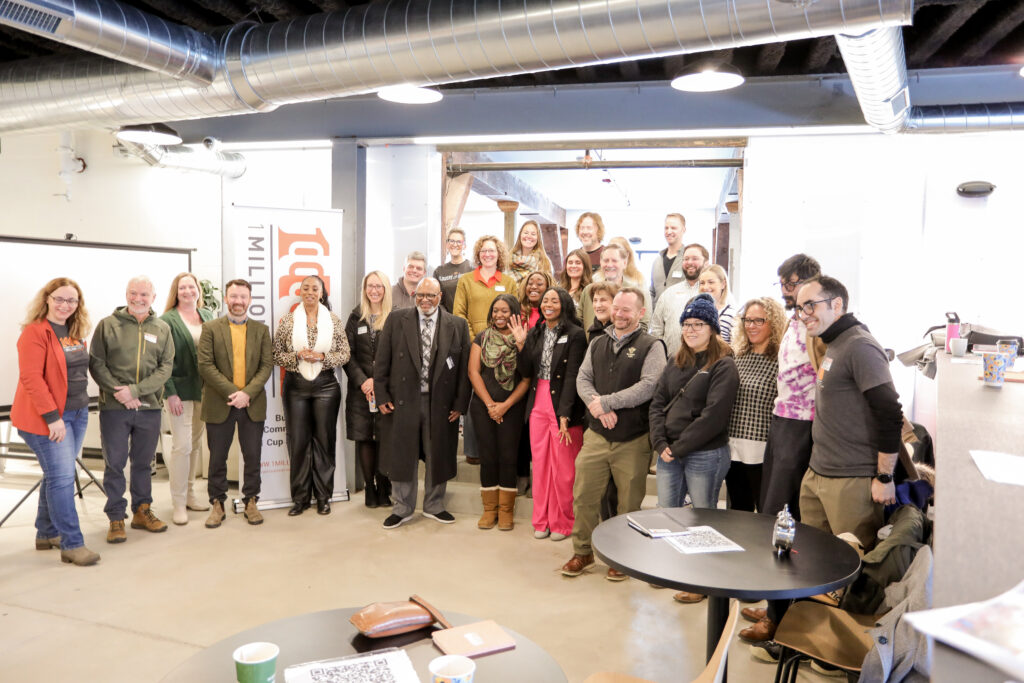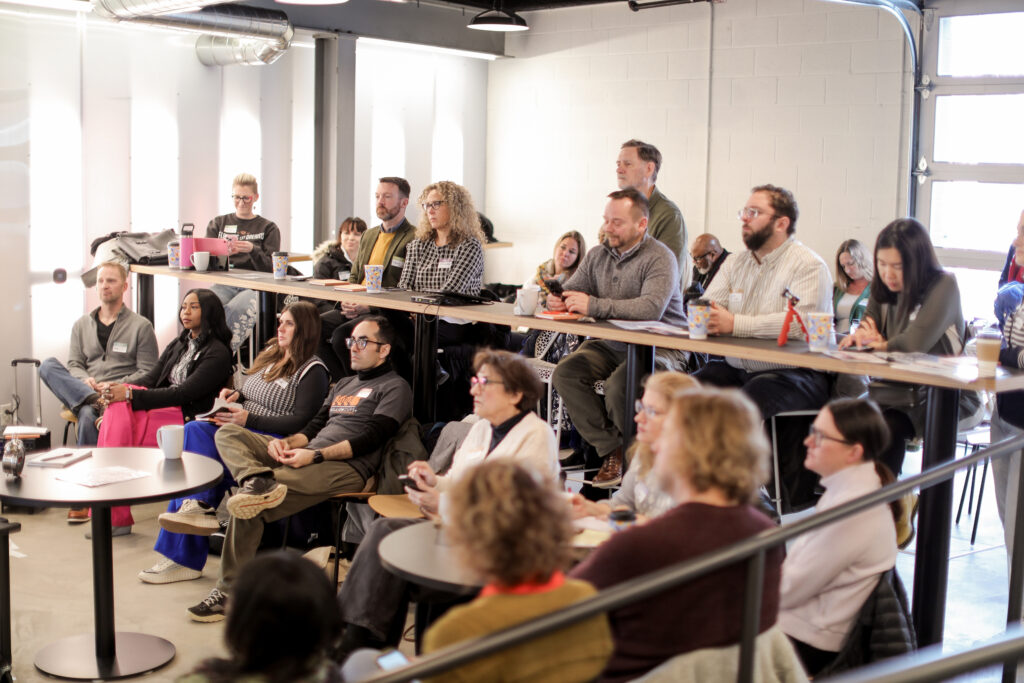Bamboo began in 2013 out of a community movement. It was the first co-working space in Downtown Detroit. The organization’s model has since evolved to develop and operate hubs that serve as centers for entrepreneurship and creativity.
When it started, Bamboo borrowed a $5,000 friends-and-family loan and activated a space in an old building that had been vacant for ten years. The space had no sign or visible front entrance. The team referred to it as a “speakeasy co-working space.” With pizza, beer, fireside chats, and open startup events, it bootstrapped and built a community.
A decade later, as cities continue to evolve, co-working hubs serve as central places that foster density and create collisions.

Bamboo is located in cities where you can live, work, and connect to growing talent while working alongside other innovative companies. It chose to locate inside the major Michigan markets for innovation: Detroit, Royal Oak, and Ann Arbor. These locations are all near University talent and have growing communities.
So, how does this help create a more connected statewide ecosystem? How does it benefit a founder or creator? Below are a few theories Bamboo has on why this approach will lead to more incredible innovation across our state.
Bamboo creates density. Its co-working hubs foster greater density in a community, which leads to greater collisions for entrepreneurs. The organization programs all its spaces to provide office hours with investors, community networking, and wellness activations. It is very common to hear a founder was able to find a co-founder, first hire, or first investor check at Bamboo. In an era of remote work, people are hungry to find connections again.

Ibamboo creates bridges between Michigan’s major cities. Many teams are now hybrid or remote. They may be located in Ann Arbor, but they aim to hire someone from Detroit. Bamboo helps companies land and expand into our markets with flexible space and ecosystem introductions.
Bamboo members continue to invest and hire local. There is a regional economic impact in creating a dense co-working hub for businesses. Most of its companies choose to spend their money locally. In a recent survey, all of Bamboo’s high-growth companies said they prefer to hire locally in Michigan. The organization fosters this by sharing jobs and promoting opportunities.
In the past decade, Bamboo has seen companies start up and exit, and others continue to innovate and grow. Michigan’s economy continues diversifying from automotive dominance to a diverse range of technology-driven industries. It looks forward to seeing what the next decade of creativity and innovation will bring Detroit – and beyond.
















